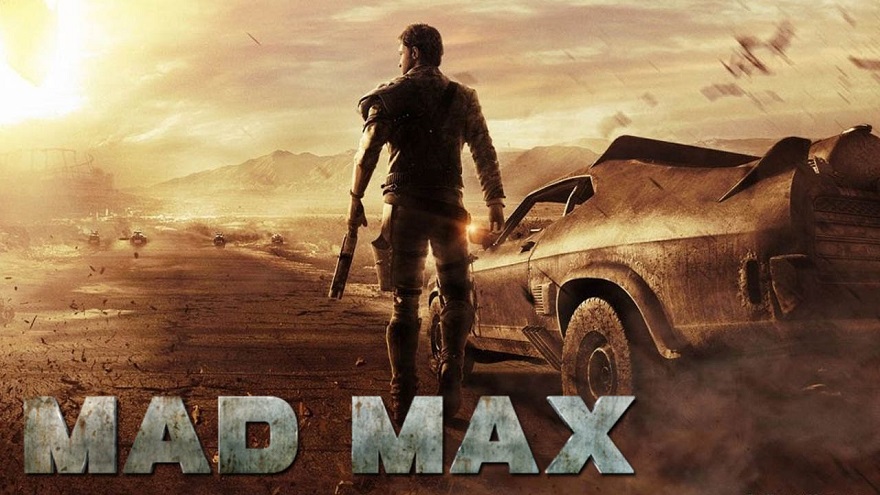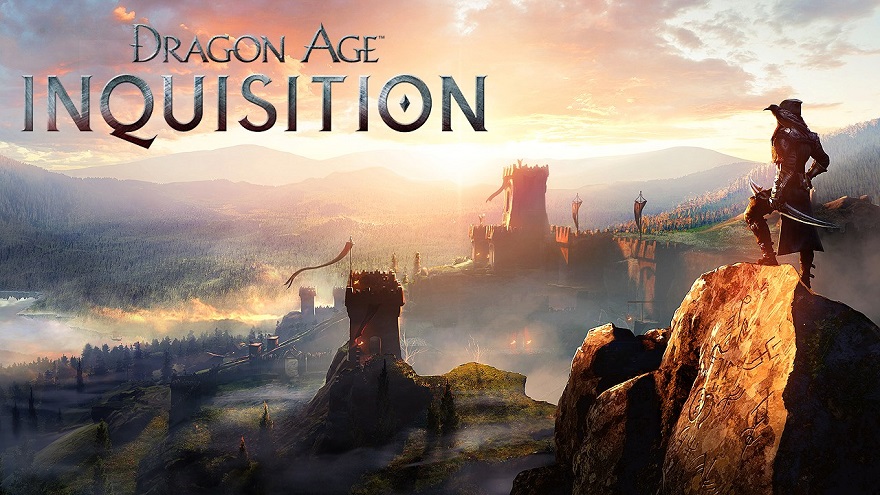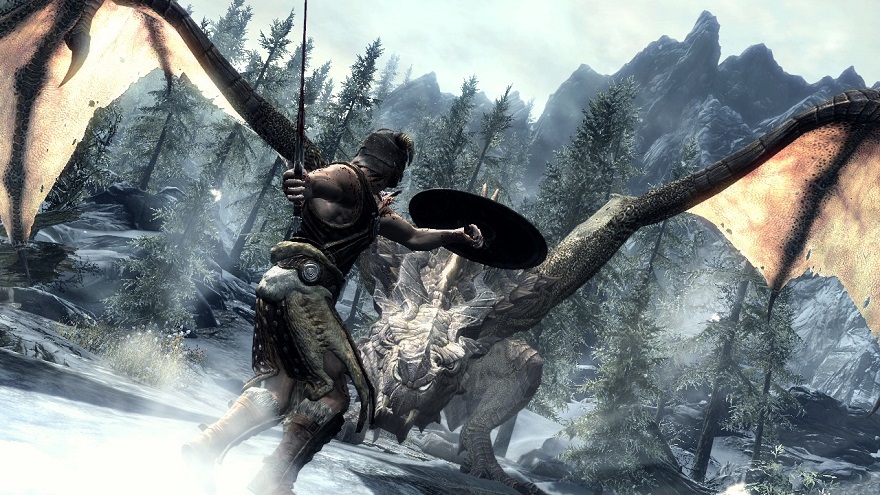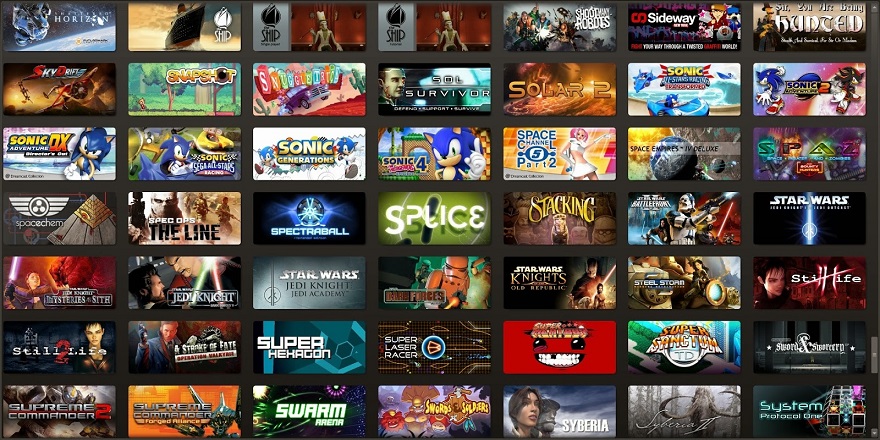The Gaming Industry Has A Severe Problem With Pointless Filler Content
I came across a thought provoking piece. That article talks about how games, especially open world games are getting too big with an emphasis on small sidequests that often prove to be a mindless distraction which rarely affects the narrative outcome. Essentially they are just fillers or paddings to inflate gameplay time so developers can market the (useless) value we can usually get out of the game.
Pointless repetition
Case in point is the recently released Mad Max. While I thoroughly enjoyed the post apocalyptic setting and car combat and upgrading, but it was literally filled with what Jim from Jimquisition YouTube likes to call “pointless repetition”. And I seem to agree with him. In Mad Max you had sidequests of collecting scrap, tearing down structures and a host of others which I can’t recall them at the moment because of how dull and pointless they were. And don’t even get me started on Assassin’s Creed endless variations of collect the flags.
They never affected the narrative or the outcome of a story mission (Mad Max itself was light in the narrative department to begin with). So, the question is why do developers insist on making them since it surely costs development time and money to do so while offering little value.
The abundance of games with pointless sidequests
Another example is Dragon Age. I loved the first, Origins. It had sidequests, but all of them were fully vocie acted and fleshed out the story and had actual significance on how the story panned out. You never could tell that it was a sidequest because that’s how integral it felt to the main story. Fast forward to Dragon Age’s third installment Inquisition, and the game is essentially an open world MMO-esque-pointless-fetch-that-kill-that sidequests which never affect the main story. Surely gamers would have seen through it and went up in protest? Nope. EA touted the fact that Dragon Age Inquisition was the most successful in the series.
(Not so) real value
Apparently one gamer’s “pointless repetition” is another gamers endless value for money as proved by Inquisition’s sales figures (although I could list a host of other factors why that game sold so well). And that’s the problem. There are many gamers out there, myself included who have an obsession with doing everything the game has to offer and completing the game 100% so that there is nary a sight of unsolved missions or collectibles. While not many are as OCD’d as me but I feel like missing out if I don’t complete every damn mission in sight and search every nook and cranny to find that last collectible. And what do I get in return? A pointless achievement (and sometimes not even that) which serves to confirm my obsessive compulsive disorder. Usually by that time I grow bored of the game or forget what the main narrative was about and move on to the next game. So, did I truly get my money’s worth? I simply don’t think so.
Sidequests done right
If you want an example of sidequests done right, look no farther than Fallout or The Elder Scrolls, especially Skyrim. I can’t count how many hours I’ve poured into the game (or I am too lazy to check out my Steam playtime and report back here) and never once did I feel like I was doing some pointless formulaic quest just becuase the game developers put me there. Now Skyrim’s open world is huge, but it was interesting and the sidequests felt like a natural extension of the world. There wasn’t any character standing around with a huge exclamation mark over their head waiting for you to kill 10 bandits.
No, there was a barkeep standing around at the inn table with NO exclamation mark over their head waiting for you to go to a cave to clear out the 10 or so bandits. On the way there, a dragon might have flew down to reign havoc or you went to a completely different cave entirely and came across a secret cult worshipping some God knows what, catch their disease while trying to rid the vermins and turn into a vampire and end up addicted to blood and a huge distaste for sunlight. See, that feels natural and even though it didn’t ultimately affect the narrative (wait who actually finished Skyrim despite having 200+ hours in it?) it didn’t feel pointless or endless padding.
Too many games, too little time
Then there is another problem which is the overabundance of good high quality games (though that is a nice problem to have). I am severely ashamed of my Steam backlog (I have come to the conclusion that I may never get to play them all) and yet I keep on buying new games without even playing the previous ones. With the countless sales and bundles of very good games and almost weekly release of a terrific indie game, this represents a glut of games in the gaming industry with not enough money to go around. You often hear how an indie developer didn’t even break even or how millions of sales still didn’t make a certain release even profitable. What can be the solution to this problem?
The solution
One solution to this problem is simply to cut down on filler content, cut down on development costs and release concise, well paced and ultimately cheaper games that truly represent a good value for money. I know that no one is forcing me to go through all of those endless side quests and not all of them cost a lot to make (hence the glut of filler content). But wouldn’t the industry as a whole be better served by utlising that development time and money on something unique? I think that would result in a greater variety of original games instead of the formulaic approach and make me less daunted to start another open world game.
But that’s just my opinion and I’m interested to hear what you guys think. So, please sound off in the comments section below. Until next time!





Nov 9th, 2015 at 5:49 pm
Formally, it should be referred to as the “games industry”, not “gaming industry”.
The “gamING industry” term is almost exclusively used for gambling and casino gaming, and is rarely used by those in game development because of this differentiation.
Nov 10th, 2015 at 2:39 pm
@Anon Yup, you got me. I confess that I’m guilty of using both the terms “gaming” and “games industry” interchangeably without a second thought. Now, I’ll make sure it won’t happen again!